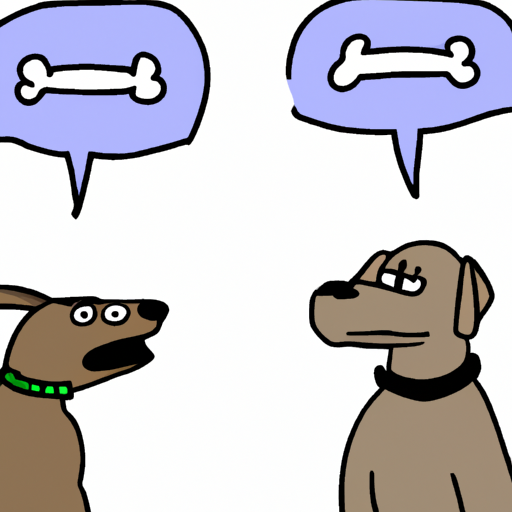Understanding the Basics
You might be puzzled, asking yourself why your furry friends are suddenly at odds with each other. Rest assured, you’re not alone. This is a common concern among dog owners who have more than one pooch at home. It’s important to understand that dogs, like humans, have unique personalities and moods which can lead to occasional disagreements.
To better grasp the situation, consider the following points:
- Dogs are pack animals and they establish hierarchies.
- Conflicts can arise when a new dog is introduced into the home.
- Changes in the environment or routine may trigger tension.
The Language of Growls and Snaps
It’s vital to comprehend that not all growls and snaps are signs of an actual fight. Sometimes, dogs use these sounds as a form of communication. This might be their way of setting boundaries or expressing discomfort. It’s similar to how we, humans, voice our concerns when we’re uncomfortable.
Here are some common situations:
- A younger dog might playfully bother an older one, causing it to growl in response.
- Dogs may growl or snap during play-fights, which is generally harmless if both parties are willing.
- A dog might growl if another dog is encroaching on its personal space or belongings.
Identifying the Root Cause
If your dogs are fighting more frequently, it’s time to play detective. Identifying the root cause can help you address the issue effectively. Note down when the fights occur and what triggers them.
| Common Triggers | Possible Solutions |
|---|---|
| Food or toy aggression | Separate feeding/toy areas |
| Jealousy over attention | Equal attention to all dogs |
| Reaction to external stimuli | Training or professional help |
Mitigating Dog Fights
Now that you have a better understanding of why your dogs may be fighting, let’s explore some strategies to mitigate the issue:
- Training: This is usually the first step. Teach your dogs commands like “leave it” or “stay”.
- Professional Help: If the fights continue, consider hiring a professional dog behaviorist. They can provide tailored solutions based on your dogs’ personalities and the specific circumstances.
- Patience: Remember, change takes time. Be patient and consistent with your efforts.
FAQ
Q: Are dog fights normal?
A: Occasional disagreements are normal but frequent fights are not.
Q: Can I leave my dogs alone if they are fighting?
A: No, it’s important to intervene appropriately to prevent harm to either dog.
Q: Should I punish my dogs for fighting?
A: Punishment could exacerbate the problem. Instead, focus on identifying and addressing the root cause.
Remember, as a caregiver, your role is to ensure a peaceful and safe environment for your pets. With patience, understanding, and consistent efforts, you can help your dogs live together harmoniously.



